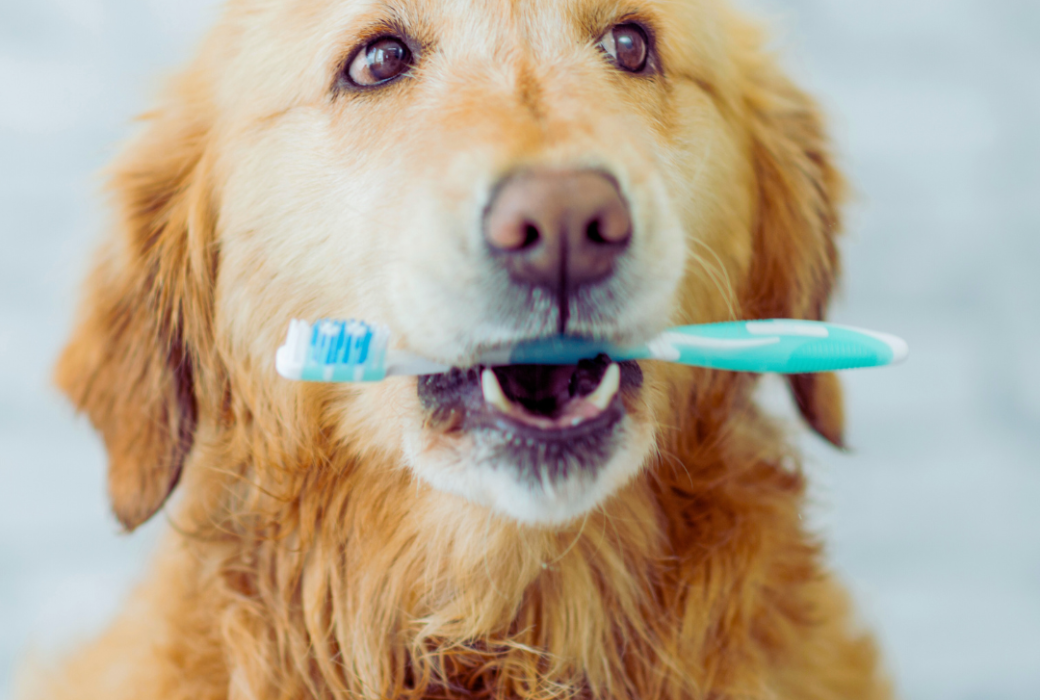Dental health is a very important part of your pet’s overall health, and dental problems can cause, or be caused by, other health problems. Your pet’s teeth and gums should be checked at least once a year by your veterinarian for early signs of problems and to keep your pet’s mouth healthy.
Just like humans, pets can develop dental problems that can cause pain, discomfort, and even lead to more serious health issues if left untreated. Here are some key reasons why pet dental care is important:
- Preventing dental disease
Dental disease is one of the most common health issues in pets. It includes conditions such as periodontal disease, tooth decay, and gum infections. Regular dental care, including brushing their teeth and providing dental treats or toys, can help prevent the buildup of plaque and tartar, reducing the risk of dental disease.
- Promoting oral hygiene
Good oral hygiene is essential for pets to maintain healthy teeth and gums. Regular brushing helps remove food particles, bacteria, and plaque that accumulate on the teeth. It can also prevent bad breath, which is often a sign of dental problems.
- Preventing pain and discomfort
Dental problems can be painful for pets, affecting their eating habits, behavior, and overall quality of life. They may experience difficulty chewing, weight loss, or a change in appetite due to oral discomfort. By prioritizing dental care, pet owners can identify and address any issues early on, relieving pain and discomfort for their furry companions.
- Reducing the risk of systemic diseases
Poor dental health in pets can have broader implications on their overall health. Bacteria from dental infections can enter the bloodstream, potentially causing infections in vital organs such as the heart, liver, and kidneys. Regular dental care can help minimize the risk of these systemic diseases.
- Extending lifespan
Proper dental care can contribute to a longer, healthier life for pets. By maintaining their oral health, you can prevent the progression of dental diseases and associated complications. This can help your pet avoid unnecessary pain, infections, and medical treatments that may arise from neglected dental care.
- Saving on veterinary costs
Investing in preventive dental care can actually save you money in the long run. Routine dental cleanings and check-ups are less expensive than treating advanced dental diseases or other health conditions that can arise as a result of poor oral health. By prioritizing your pet’s dental care, you can minimize the risk of costly veterinary procedures.
To ensure proper dental care for your pet, consult with your veterinarian. They can provide guidance on oral hygiene practices, recommend suitable dental products, and perform professional dental cleanings when necessary. Remember, prevention is key, so integrating dental care into your pet’s routine from an early age is highly beneficial.


